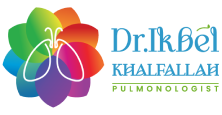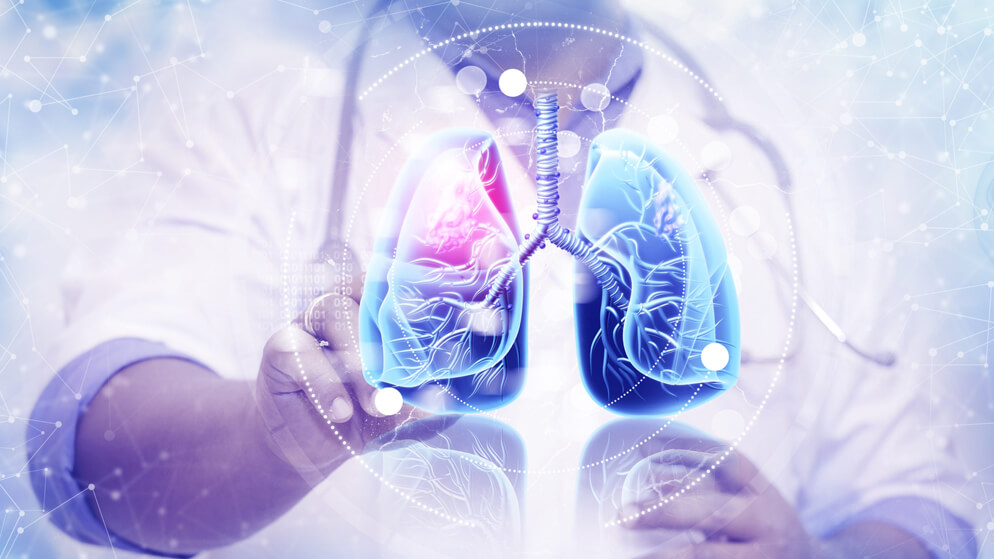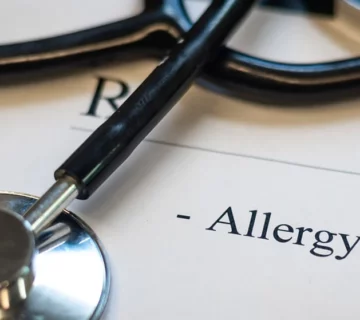Pediatric pulmonary diseases in Dubai
The department of pediatric pulmonology in Happiness Clinic LLC Dubai is a medical specialty that deals with the diagnosis and treatment of respiratory diseases for children and young adults.
Chest diseases in children can cause many different symptoms. Common symptoms include; cough, difficulty breathing, fever, phlegm, chest pain, runny nose, fatigue and weakness.
What is Pediatric pulmonary Diseases?
Pediatric pulmonary diseases fall into a broad category that includes various diseases related to the respiratory system. These diseases can affect children’s lungs, bronchi, trachea and other respiratory tract. The most common childhood chest diseases include asthma, bronchitis, pneumonia, respiratory tract infections, cystic fibrosis and other respiratory problems.
What are the Symptoms of Pediatric Chest Diseases?
Chest diseases in children can cause many different symptoms. Common symptoms include; cough, difficulty breathing, fever, phlegm, chest pain, runny nose, fatigue and weakness.
These symptoms vary depending on the type and severity of the disease. If children have one or more of these symptoms, a pediatric pulmonologist should be consulted.
What are the pulmonary diseases symptoms seen in children?
In the pediatric chest diseases department at Happiness Clinic LLC ; The most common diseases include asthma, bronchitis, pneumonia, respiratory tract infections, cystic fibrosis, dry cough, sleep disorders and neonatal lung diseases.
Asthma
It is a disease caused by chronic inflammation of the respiratory tract. It can cause asthma attacks, shortness of breath, cough and wheezing. If left untreated, asthma symptoms can cause symptoms such as difficulty breathing, cough and shortness of breath. Medication, oral medications and immunotherapy (allergy treatment) are among the treatment options.
Bronchiolitis
Bronchiolitis is a disease that occurs especially in children under the age of 5 and causes respiratory problems. Bronchiolitis and bronchitis are generally caused by some viruses. These are viruses that cause respiratory problems. Especially RSV, coronavirus, influenza virus, parainfluenza virus, etc. All of these are actually viruses that narrow the airways in the lungs and cause respiratory distress.
It can be very severe, especially in babies under 6 months of age, babies who are not breastfed, babies born prematurely (called prematurity), babies or children with heart disease or neurological problems.
The only proven treatment is oxygen and rest. Some breath-opening products can be administered by inhalation. There are some medications that reduce inflammation, and they are also administered intravenously. Additionally, there are medications that dilate the bronchi, preventing the airways from becoming too narrow. These drugs can also be administered to patients.
The Bronchiolitis treatment is determined according to the patient’s condition. The disease is generally transmitted through breathing or close contact. In such cases, you can protect yourself from such diseases by staying away from people who are coughing or have illnesses and by washing your hands frequently.
Pneumonia
It is a disease caused by infection of the lungs. Symptoms such as fever, cough, phlegm, shortness of breath, chest pain, weakness and loss of appetite are observed. Treatment options include antibiotics and supportive treatments.
Respiratory Tract Infections
Respiratory infections such as cold and flu are common, especially in children. It shows symptoms such as cough, runny nose, sneezing, sore throat, fever and fatigue. Fluid intake, painkillers and cough suppressants can be used as treatment options.
Cystic Fibrosis
Cystic fibrosis is an inherited disease that causes mucus accumulation in the lungs. It can cause respiratory infections, shortness of breath and digestive problems. Medication, antibiotics and respiratory physiotherapy can be used as treatment options.
Respiratory Distress Syndrome
It is a disease seen in premature babies. Breathing difficulties occur due to underdeveloped lungs. Depending on the patient’s condition, respiratory support may be required.
Dry Cough
It is a common disease, especially in winter months. It occurs with the cough reflex. Additionally, it generally occurs as a result of a viral infection.
Pneumothorax
Pneumothorax is a condition that causes air to accumulate in the lungs and can cause symptoms such as difficulty breathing. Treatment options include oxygen therapy and evacuation of the air space.
Sleeping disorders
Sleep disorders are a very common problem in children. Sleep disorders are any conditions that affect children’s sleep habits, sleep quality, and sleep duration.
If parents suspect that their child has sleep disorders, they should consult a specialist pediatric pulmonologist. By treating sleep disorders, children’s sleep quality can be improved.
What Tests Are Performed in the Pediatric pulmonology Department ?
Many different tests can be performed in the pediatric pulmonology department. We can list some of these applied tests as follows :
Lung function tests : These are tests used to evaluate how well the lungs are working. It is also known as respiratory function test (PFT).
Bronchoscopy : This test is a procedure performed by inserting a camera into the bronchi through a flexible tube. It is used to look at and examine the structures inside the bronchi.
Chest x-ray : It is the most commonly used imaging test in the diagnosis of chest diseases. This test provides images of the lungs, heart, and other chest organs.
Computed tomography (CT) : This test is a procedure that creates a three-dimensional image using a series of x-ray images. This test allows more detailed imaging of the lungs and other chest organs.
Blood tests : Blood tests are used to determine the presence of infections, allergies, or other diseases.
Sputum culture : This test is used to determine the presence of lung infections or other lung diseases by examining a sputum sample.
Alveolar lavage : This test is a procedure that takes fluid samples from an area of the lungs. These samples are examined to determine the presence of infections or other diseases in the lungs.
The tests to be performed in the pediatric pulmonology department may vary depending on the type of disease, symptoms and other factors. Your Pulmonologist in Dubai will use these factors when deciding which tests to perform.
What are the treatments applied in pediatric pulmonary diseases ?
Dr Ikbel KHALAFFALH, our pediatric pulmonologist in Dubai have extensive experience in diagnosing and providing optimal treatment options for parents of children suffering from a variety of respiratory diseases.
Parents of patients with symptoms such as asthma, pneumonia, respiratory tract infections, cough, flu, and difficulty breathing are recommended to consult a specialist pediatric pulmonologist, Dr Ikbel is one of the best pulmonolgist in Dubai.
Take a look on the CV of Our Pediatric allergist and pulmonology specialist Doctor based in Dubai, Doctor Ikbel KHALFALLAH and Make your appointment for a diagnosis.




